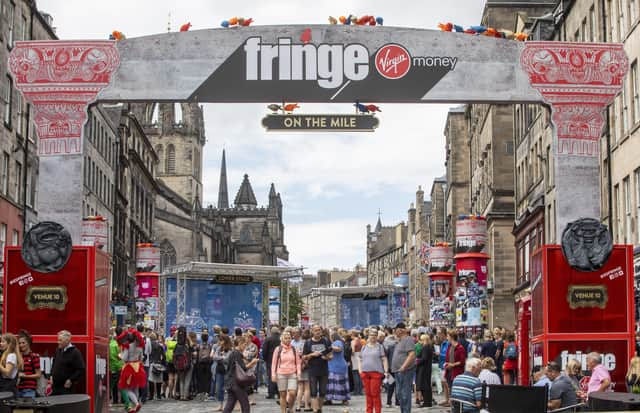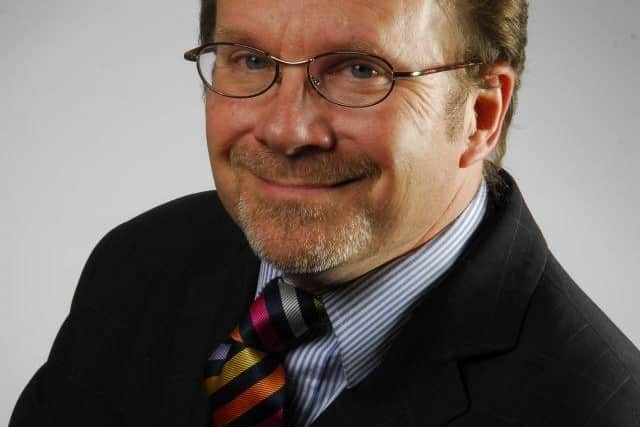Covid-19 is changing the world for events planners – Professor Joe Goldblatt


For nearly one half of the last century, Edinburgh event planners and city officials have been focused upon logistical planning (derived from the Greek word “logistikos” meaning reason), refining their skills to deliver tourism, business, entertainment and/or marketing. As a result of the global coronavirus pandemic of 2020, this skill set will need to dramatically change and expand.
According to Professor Gianrocco Tucci of Sapienza University in Rome “The eclectic is a philosopher who, trampling on prejudice, tradition, antiquity, the universal consent, authority, in short everything that subjugates the soul of the common people, dares to think for themselves.”
Advertisement
Hide AdAdvertisement
Hide AdThe expansion of the Edinburgh event planner’s skill set will need to include greater eclectic skills (derived from the Greek word meaning “selection”) and therefore learn to adapt their thinking to create a more sustainable industry. Aristotle was one such eclectic thinker and he used the term “eudaimonia” (the highest good) to find the sources and ideas that would achieve the ultimate goal of happiness and success.


In the 20th century, the Edinburgh event planners generally agreed that achievement of the greatest good would result in agreed-upon outcomes (increased tourism, sales, satisfaction and other quantifiable measures) being accomplished through the development and delivery of the live event. However, as a result of the current pandemic, this global industry may need to radically and rapidly reassess this construct and ask two critically important questions to insure that it remains sustainable.
The Why and How of Events
First, it is important to better understand the why of Edinburgh’s festivals and events in order to divine the “how” in terms of delivery of content, experiences, and networking. Event planners must now regularly ask why are we hosting this festival or event and how may we use a wide range of sources and ideas (eclectic thinking) with increasingly scarce resources of time, capital, labour, best achieve our goals to achieve the greater good.
The Fourth Space
Secondly and finally, the answer to this question is complicated and largely depends upon the experience, skills, and cultural comfortability level of the individual participant. However, just as Starbucks was once described as the sociology inspired “third place” for meeting and engaging with others (the first two were home and work), now there is a fourth space for our participants and that, I believe, is the nexus between face-to-face and online experiences. Therefore, the eclectic thinking festival and event planner of the future will soon serve as the curator of both online and face-to-face experiences that will provide participants with what Microsoft executives describe as “events without end”.
To enhance logistical analysis with eclectic curiosity we must be prepared to resist quick dramatic fixes to great longterm problems. One London producer suggested that theatres could reopen soon as long as every audience member submits to a temperature test upon arrival. Logistically this is problematic, and eclectically there are many other methods for reassuring the health and safety of the audience, including the use of developing technologies.
If we are to achieve the greater good for our city then we must decide what outcomes we wish to achieve. The Latin root word for event is “e-venire” and this literally means “outcome”. Therefore, if we are to, as did Aristotle and before him, Socrates and Plato, seek to create together the best life that is lived for our city, we must confidently use eclectic thinking to design a fourth space that will propel us into a future which is both sustainable and sensational as well.
Professor Joe Goldblatt is Emeritus Professor of Planned Events at Queen Margaret University. To learn about his other views visit his blog at www.joegoldblatt.scot
Comments
Want to join the conversation? Please or to comment on this article.